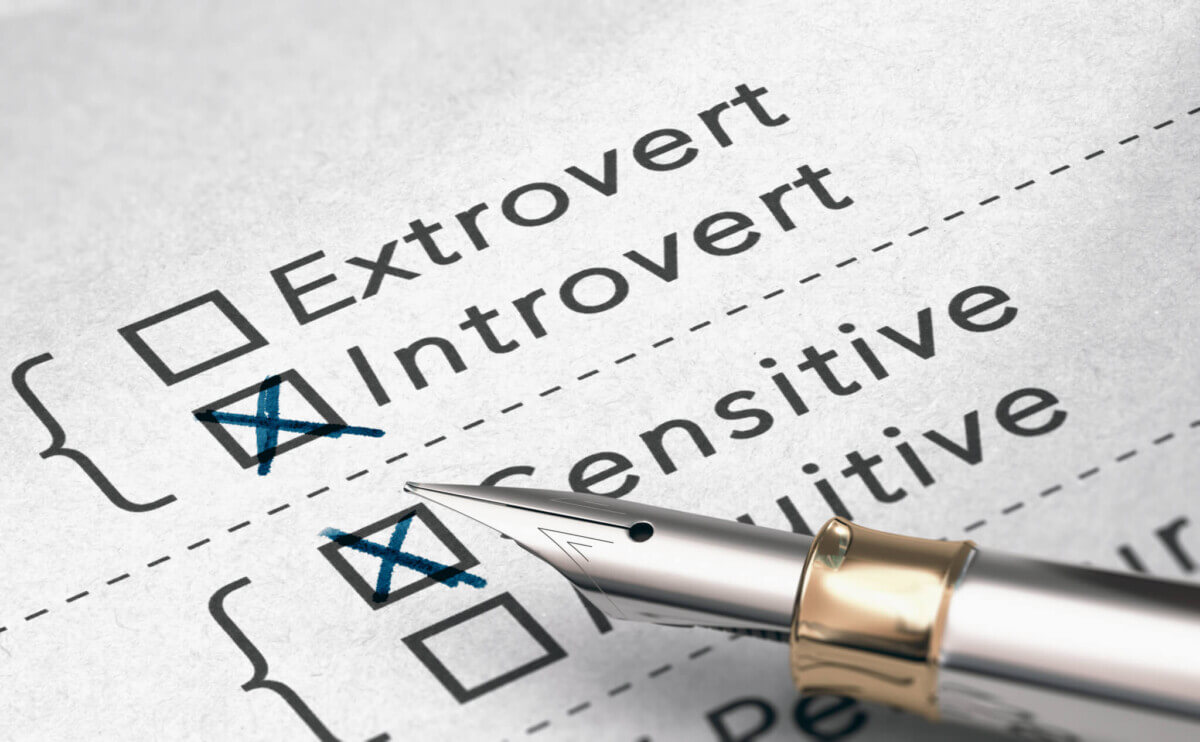
(© Olivier Le Moal - stock.adobe.com)
EVANSTON, III — Personalities may seem like they come in a vast spectrum of shapes and sizes, but a recent study suggests there are actually just four distinct personality types. Researchers at Northwestern University whittled down the four types to: average, reserved, self-centered, and role model.
These four personality types, the study finds, are based on five character traits: extraversion, neuroticism, openness, agreeableness, and conscientiousness. Of course, the study challenges personality traits and types previously established. Personality type as a concept is still considered controversial in psychology, due to the difficulty of obtaining objective proof. Previous attempts to classify them produced results that weren't replicable.
“People have tried to classify personality types since Hippocrates’ time, but previous scientific literature has found that to be nonsense,” says co-author William Revelle, professor of psychology at the university, in a statement. “Now, these data show there are higher densities of certain personality types.”
The study used alternative computational approaches to reach the conclusion. Researchers used data from four questionnaires and more than 1.5 million respondents from across the world. The questionnaires were developed by the psychology research community over decades of work. They had between 44 and 300 questions all pointed at identifying personality types for all respondents.
Revelle was skeptical of all personality types, believing there weren't any. Study co-author Luis Amaral, a professor of chemical and biological engineering at Northwestern's McCormick School of Engineering, suggested that there were actually 16 possible types before Revelle challenged him to refine his results.
So Amaral used an algorithm to sort individuals into personality types, then imposed constraints to narrow them down further.
In the end, Amaral's team identified the four defining personality types:
- Average: High in neuroticism and extraversion, low in openness.
- Reserved: Emotionally stable, low in openness and neuroticism. Usually not very extraverted, yet somewhat agreeable and conscientious.
- Role Models: Low in neuroticism and high in all the other traits. Individuals often grow into this personality type as they age. Dependable and high in openness. Effective leaders often fit here.
- Self-Centered: Very high in extraversion and below-average scores in openness, agreeableness, and conscientiousness. Individuals tend to age out of this personality type.
Another interesting finding made by the research team was that many demographics were overrepresented in certain personality types. When looking at the individuals who were clustered in the Self-Centered group, for example, the researchers found many more teenaged boys than females under the age of 15. This was expected. Females were more likely than males to fall into the Average classification as well.
“We know teen boys behave in self-centered ways,” notes Amaral. “If the data were correct and
sifted for demographics, they would they turn out to be the biggest cluster of people.”
The study also provided strong evidence that individuals' personalities change over time. Older people tended to be less neurotic, yet more conscientious and agreeable than individuals under 20 years old.
“Personality types only existed in self-help literature and did not have a place in scientific journals,” says Amaral. “Now, we think this will change because of this study. When we look at large groups of people, it’s clear there are trends, that some people may be changing some of these characteristics over time. This could be a subject of future research.”
The study was published in the journal Nature: Human Behavior.











I'll stick with Meyers-Briggs (as an INTJ).